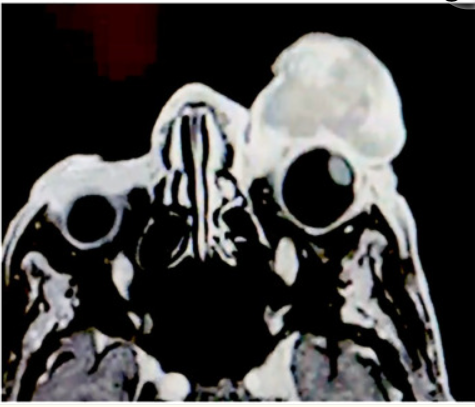
A study published in Scientific Reports found that anxiety increased the risk of glaucoma progression. “These finding offer new insights into the care of patients with glaucoma. Therefore, the management of depression or anxiety may be helpful in managing glaucoma,” the researchers wrote of their findings.
The retrospective, case-controlled study included 251 eyes with open angle glaucoma who were followed for at least two years. Researchers used the Beck Anxiety Inventory (BAI) and Beck Depressive Inventory-II (BDI-II) to assess anxiety and depression, respectively. Patients were classified into groups according to BAI or BDI-II scores: high-anxiety group (HA-G), low-anxiety group (LA-G), high-depression group (HD-G), and low-depression group (LD-G).
Patients were followed for an average of 62.8 months. Mean BAI score was 6.0, and 209 patients (83.3%) were in the LA-G, while 44 (16.7%) were in the HA-G. Mean BDI-II score was 8.5, and 211 patients (84.1%) were in the LD-G, while 40 (15.9%) were in the HD-G.
Per logistic regression analysis, disc hemorrhage (P=0.017), peak intraocular pressure (IOP; P=0.046), and retinal nerve fiber layer (RNFL) thickness loss rate (P=0.026) were significantly associated with high anxiety. Per multivariate models, RNFL thinning rate (P=0.015) and disc hemorrhage (P=0.019) were significantly associated with anxiety. Multivariate linear regression analysis showed a significant positive correlation between the rate of RNFL thickness loss and BAI score (95% confidential interval [CI], 0.020-0.097; P=0.003) and RNFL loss and IOP fluctuation (95% CI, 0.030-0.154; P=0.004).
Per multivariate logistic regression analysis, visual field mean deviation (P=0.003) and heart rate variability (P=0.006) were significantly associated with depression.







 © 2025 Mashup Media, LLC, a Formedics Property. All Rights Reserved.
© 2025 Mashup Media, LLC, a Formedics Property. All Rights Reserved.